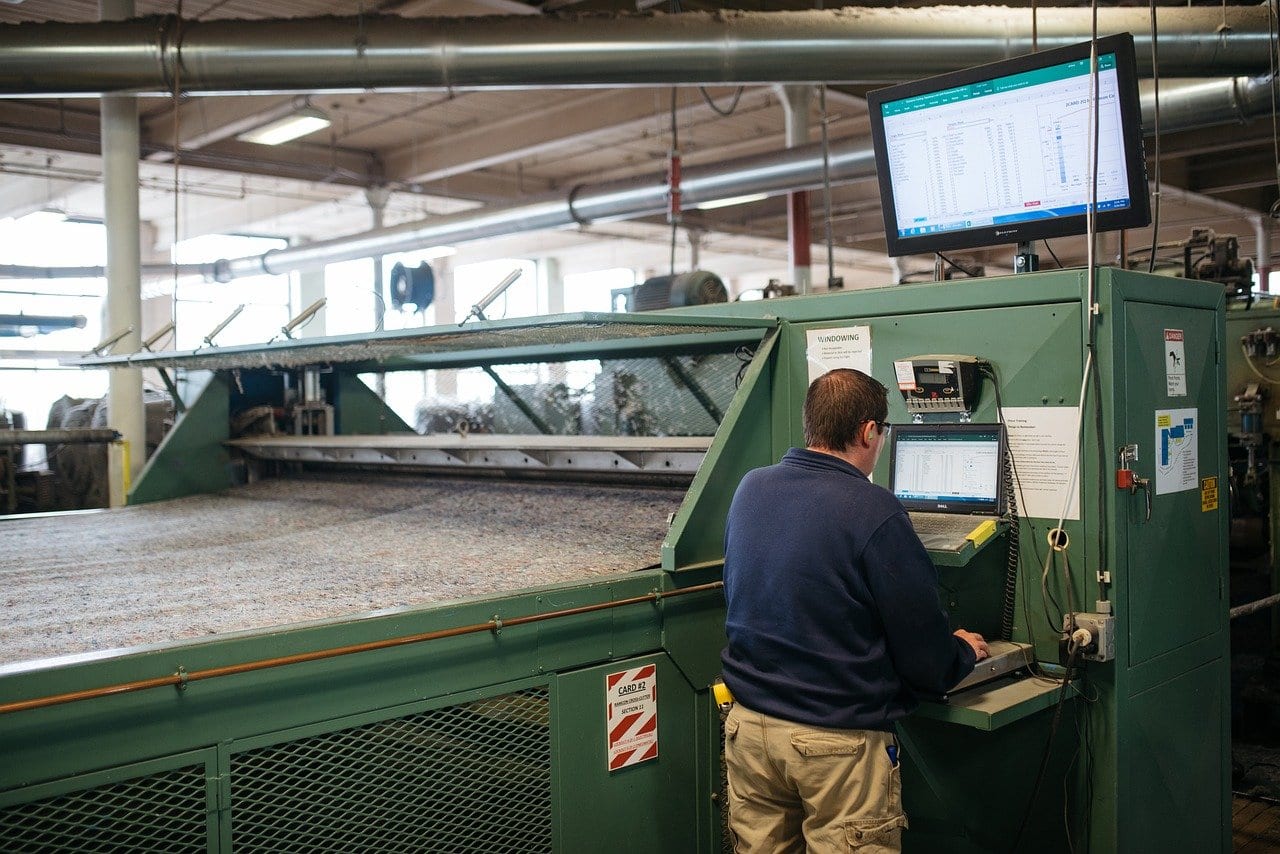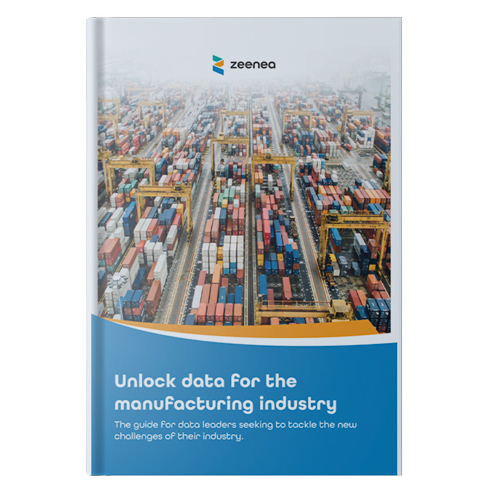The place of data is – or should be – central to a manufacturing industry’s strategy. From production flows optimizations through predictive maintenance to customization, data exploitation is a major lever for transforming the industry. However, with great data comes great responsibilities! Here are some explanations.
The manufacturing industry is already on the way to becoming data-driven. In the 2020 edition of the Industry 4.0 Barometer, Wavestone reveals that 86% of respondents say they launched Industry 4.0 projects. From the deployment of IoT platforms, complete redesigns of historical IT architecture, movements towards the Cloud, data lake implementations… data is at the heart of manufacturing industry transformation challenges.
“In 2020, we are starting to see more and more projects around data, algorithmics, artificial intelligence, machine learning, chatbots, etc.” Wavestone explains.
All sectors are impacted by this transformation. According to Netscribes Market Research forecasts, the global automotive IoT market, for example, is expected to reach $106.32 billion by 2023. The driving force behind the adoption of data-driven strategies in the industry is the need for increased productivity at lower cost.
What are the data challenges in the manufacturing industry?
The use of data in the manufacturing industry is also a question of responding to a key issue: that of the mass-customization of production. A growing topic that particularly affects the automotive sector. Each consumer is unique and intends to have products that resemble them. However, in the past, manufacturing industries based their production methods on the volume of production and industry-specific standards!
Mass-customization of production is, therefore, the lever of the data-driven revolution currently underway in the manufacturing industry. Nevertheless, other considerations come into play as well. A “smart” industrial tool makes it possible for these enterprises to reduce the costs and delays of production as well as respond to the general acceleration of the time-to-market. Data also contributes to meeting ecological challenges by reducing the production machines’ environmental footprint.
Whether it is integrating IoT, Big Data, Business Intelligence, or Machine Learning, these technologies are all opportunities to reinvent a new data-based industry (embedded sensors, connected machines and products, Internet of Things, virtualization).
But behind these perspectives, there are many challenges. The first of these is the extremely rigorous General Data Protection Regulation (GDPR) in application since May 2018 in Europe. The omnipresence of data in the industrial world has not escaped mafia organizations and cybercriminals who have been multiplying attacks on industry players’ IT infrastructures since 2017 with the infamous Wannacry ransomware.
This attention is fueled by another difficulty in the industrial sector: older and legacy IT environments that are often described as technological hastles, multiplying potential vulnerabilities. The heterogeneity of data sources is another sensitive difficulty for the manufacturing industry. Marketing data, product data, logistics data, are often highly siloed and difficult to reconcile in real time.
The benefits of data for the manufacturing industry
According to the Wavestone Barometer statistics, 74% of the companies surveyed recorded tangible results within 2 years. Nearly 7 out of 10 companies (69%) report a reduction in costs, and 68% report an improvement in the quality of services, products or processes.
On average, transformation programs regarding the creation or processing of data have led to the optimization of energy performance by 20 to 30% and a reduction in downtime from better monitoring of equipment that can reach up to 40% in some sectors.
Increased traceability of operations and tools, real-time supervision of the operating conditions of production tools, all of which contribute to preventing errors, optimizing product tracking, but also to detecting new innovation levers related to the analysis of weak signals thanks to AI solutions for example.
At the heart of the manufacturing industry’s transformation is the need to rely on data integration and management solutions that are powerful, stable and ergonomic, to accelerate the adoption of a strong data culture.














